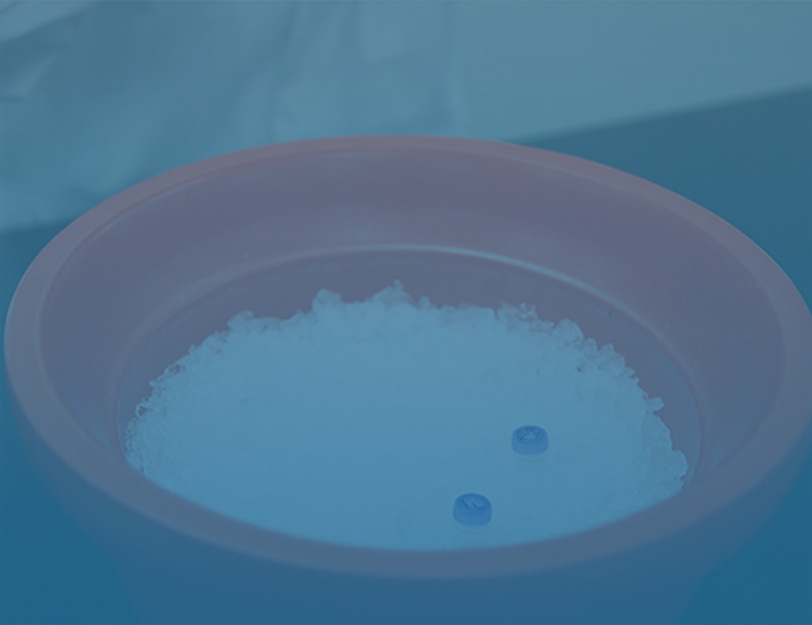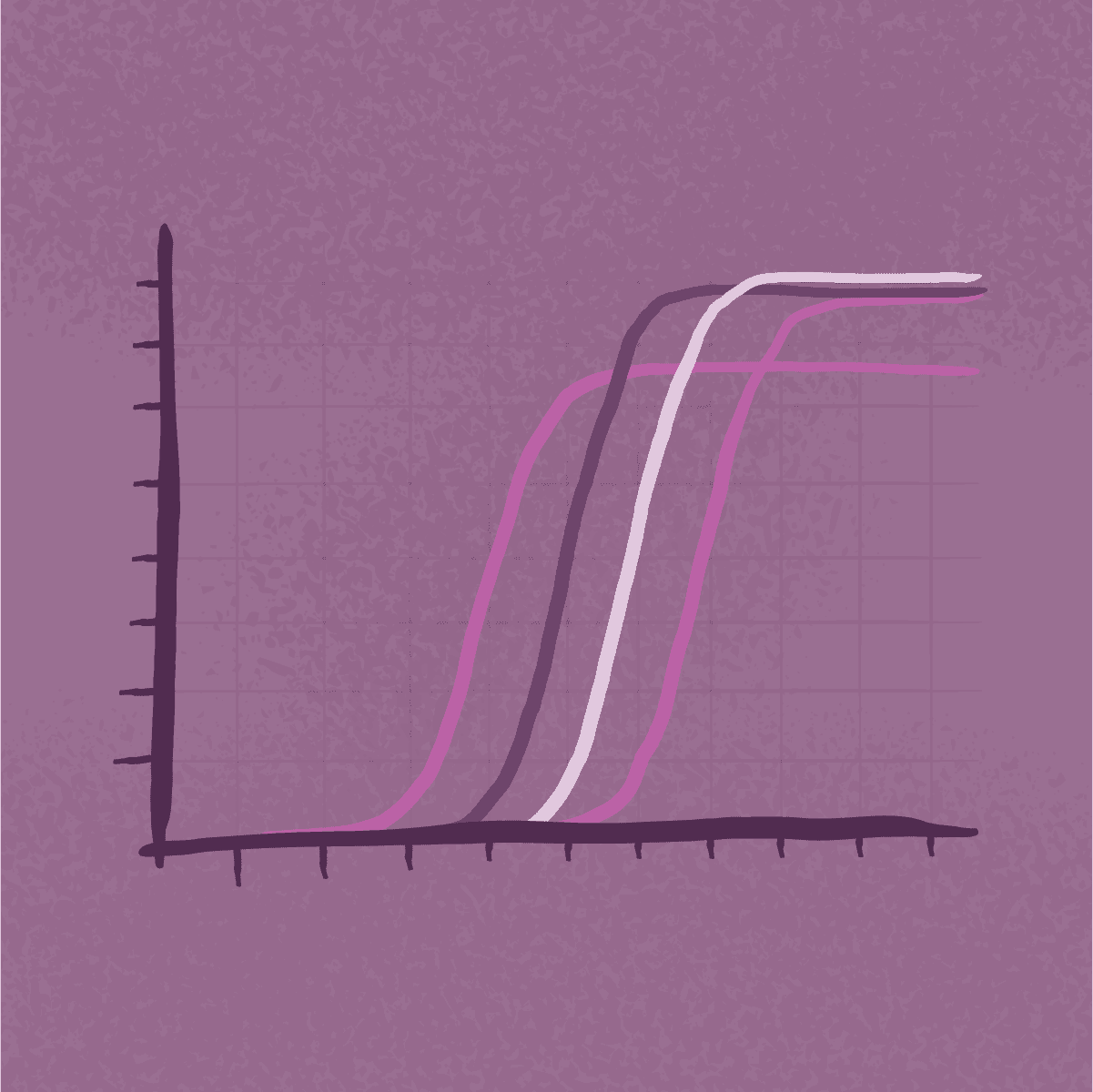Taq Polymerase
High-performance Taq polymerase, dNTPs, Buffers and Master Mixes provide increased reliability and consistency for routine endpoint PCR. GoTaq® products offer a choice of Taq DNA polymerase formulations covering basic PCR, hot-start PCR and long-range PCR applications.
GoTaq® G2 is a full-length, recombinant Taq polymerase supplied with buffers designed for enhanced amplification. GoTaq® enzymes are available with buffer formulations with and without Magnesium (Flexi buffers), allowing the user the option of optimizing MgCl2 concentration in PCR.
All GoTaq® products guarantee high performance in PCR. For even greater specificity, choose GoTaq® G2 Hot Start Polymerase, which is bound to a proprietary antibody that blocks activity. Activity is restored during initial denaturation, allowing room-temperature reaction setup and providing higher sensitivity and specificity. For greater convenience, choose a master mix formulation containing all the components in optimized concentration and direct gel-loading dyes.
Looking to easily build your own custom, Made-to-Order 2X PCR Master Mix? Our cGMP-manufactured PCR Optimization Kit allows you to achieve optimized PCR performance while saving development time.
Filter By
Shop all Taq Polymerase and Endpoint PCR
Showing 28 of 28 Products
An Introduction to Taq Polymerase
Taq DNA polymerase, isolated from Thermus aquaticus, is a thermostable DNA polymerase that catalyzes the primer-dependent incorporation of nucleotides into duplex DNA in the 5′→3′ direction in the presence of Mg2+. It is the standard thermostable DNA polymerase used in PCR applications. Taq does not possess 3′→5′ exonuclease activity but has 5′→3′ exonuclease activity. Taq polymerase is suitable for most PCR applications that do not require a high-fidelity enzyme, such as detecting specific DNA or RNA sequences.
A typical polymerase chain reaction (PCR) includes target DNA, a thermostable DNA polymerase such as Taq polymerase, two oligonucleotide primers, dNTPs, reaction buffer and magnesium. Once assembled, the reaction is placed in a thermal cycler, which subjects the reaction to recurring cycles of temperature changes during which the DNA is denatured, primers anneal to the target and are extended by the polymerase to create a copy of the DNA strand. Each PCR cycle theoretically doubles the amount of targeted sequence in the reaction until the reaction components become limiting or are consumed.
In endpoint PCR, analysis occurs after all cycles of PCR are completed and the amplification reaction has reached a plateau (or endpoint). This contrasts with real-time qPCR, where PCR product formation is monitored in real time as the amplification reaction occurs. Endpoint PCR is a qualitative method. It is widely used for many purposes including determining the presence or absence of a specific DNA sequence in a target sample, detecting pathogens, amplifying target sequences for further analysis, and detecting specific DNA sequences in order to identify individuals or cell types.
PCR Master Mixes contain all the reaction components for PCR, including Taq polymerase, dNTPs and optimized buffer. Master mixes simplify experimental setup and save time, as the user simply needs to add template and primers to the reaction.



